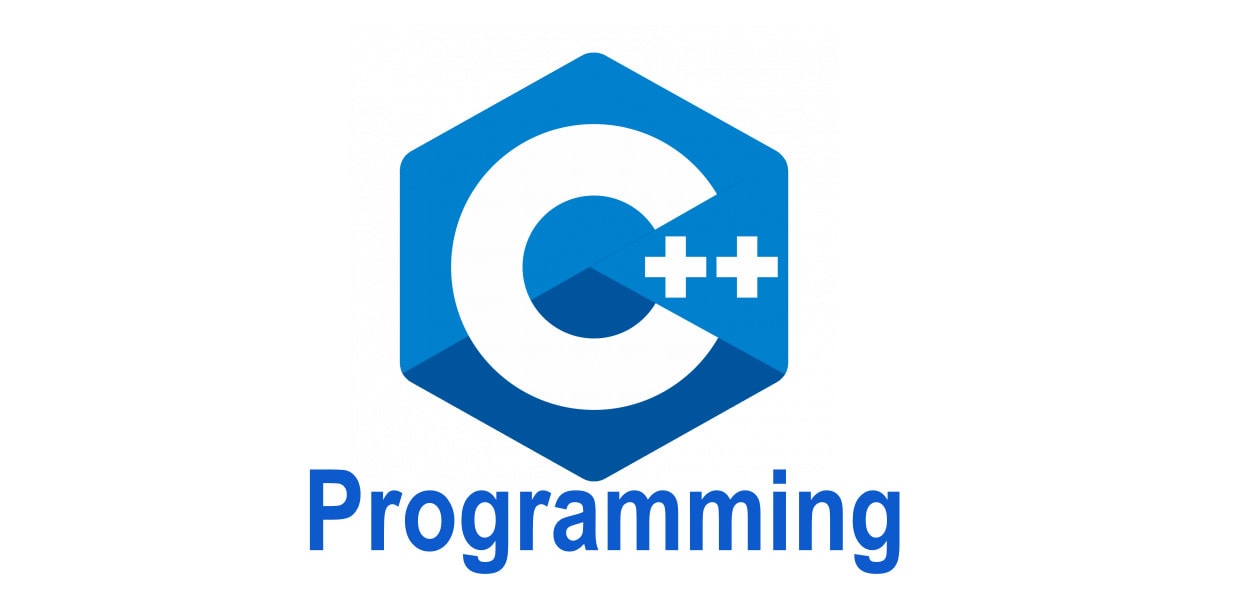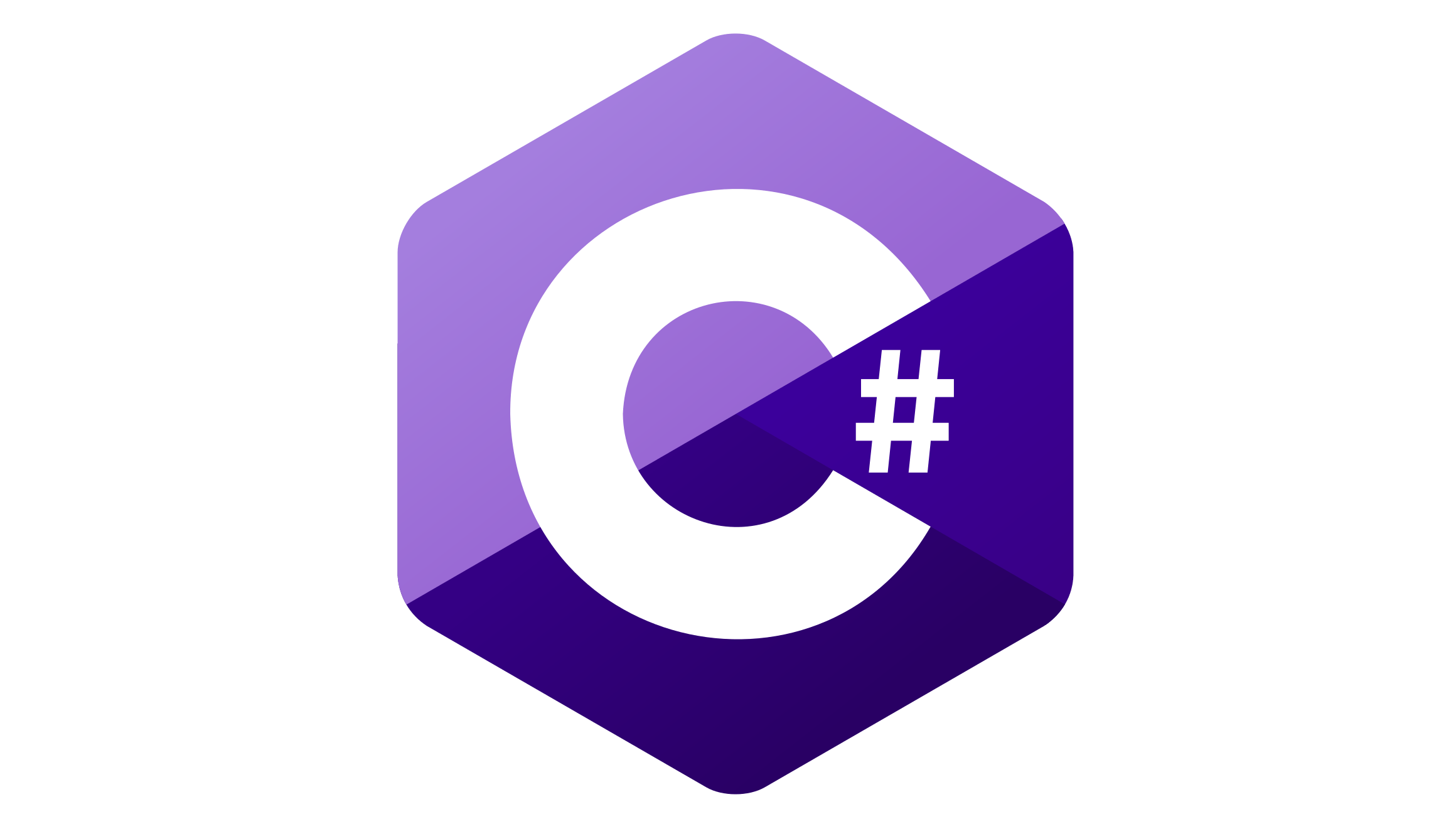As a language model, I don’t have access to current information about which programming languages are the most popular in 2023. However, I can tell you about some of the factors that may influence the popularity of programming languages and give you an idea of which languages are likely to be in demand in the near future.
1) Python

Python is a versatile and easy-to-learn programming language that is widely used in many different fields, including web development, data science, artificial intelligence, and scientific computing. It is likely to remain a popular choice in 2023 due to its simplicity, large and active developer community, and the abundance of libraries and frameworks available for use.
| Pros | Cons |
|---|---|
| Easy to learn and use: Python has a simple and straightforward syntax, making it easy for beginners to get started with programming. It also has a large and active developer community, which means that there are plenty of resources and support available for learners. | Slower than compiled languages: Python is an interpreted language, which means that it is executed at runtime rather than being compiled into machine code. This can make Python programs run slower than programs written in languages like C or C++. |
| Versatile: Python is a general-purpose language, which means that it can be used for a wide range of purposes, such as web development, data analysis, machine learning, and scientific computing. | Dynamically-typed: Python is a dynamically-typed language, which means that you don’t have to specify the data type of a variable when you declare it. While this can make your code more flexible, it can also make it more difficult to catch type-related errors. |
| Large standard library: Python comes with a large standard library that includes modules for a wide range of tasks, such as connecting to web servers, reading and writing files, and working with data. This means that you can accomplish a lot without having to install additional libraries. | Not suitable for mobile development: Python is not a good choice for building mobile apps because it is not natively supported on most mobile platforms. |
2) Java

Java is a long-standing favorite among developers due to its efficiency, scalability, and cross-platform compatibility. It is commonly used for building enterprise-level applications and Android mobile apps, and is likely to continue to be a popular language in 2023.
| Pros | Cons |
|---|---|
| Widely used and popular: Java is a widely-used programming language, with a large and active developer community. This means that there are many resources available for learning and using Java, and it is easy to find developers with Java experience. | Slower than natively compiled languages: Java programs are compiled into bytecode, which is then executed by the JVM. This intermediate step can make Java programs run slower than programs written in natively compiled languages like C or C++. |
| Scalable: Java is a high-level language that is designed to be scalable, which means that it can be used to build large, complex applications. | Requires a lot of memory: Java programs can require a lot of memory, as the JVM needs to allocate memory for the program and any objects or data it uses. This can make Java programs more resource-intensive than programs written in other languages. |
| Object-oriented: Java is an object-oriented programming language, which means that it is built around the concept of objects and classes. This can make it easier to structure and organize code, and to reuse code through inheritance. | Verbose syntax: Java has a verbose syntax, which means that it can take more lines of code to accomplish the same tasks as in some other languages. This can make Java programs more difficult to read and maintain, especially for beginners. |
3) C++

C++ is a high-performance language that is widely used in systems programming, game development, and other applications where speed and efficiency are important. It is likely to remain popular in 2023 due to its flexibility and performance.
| Pros | Cons |
|---|---|
| High performance: C++ is a compiled language, which means that it is transformed into machine code that can be directly executed by a computer’s hardware. This makes C++ programs faster and more efficient than programs written in interpreted languages like Python or Java. | Complex and difficult to learn: C++ is a complex language that can be difficult for beginners to learn, especially if they are not familiar with concepts like pointers, memory management, and object-oriented programming. |
| Object-oriented: C++ is an object-oriented programming language, which means that it is built around the concept of objects and classes. This can make it easier to structure and organize code, and to reuse code through inheritance. | Inefficient memory management: C++ requires manual memory management, which means that developers have to allocate and deallocate memory for objects and data structures manually. This can lead to inefficiencies and errors if not done properly. |
| Widely used: C++ is a widely-used programming language, with a large and active developer community. It is commonly used in a variety of fields, including systems programming, game development, and scientific computing. | Lack of built-in support for certain features: C++ does not have built-in support for features like garbage collection or exception handling, which means that developers have to implement these features themselves or use external libraries. |
4) C#

C# is a modern, object-oriented language developed by Microsoft that is commonly used for building Windows desktop applications and games. It is likely to be in demand in 2023 due to its versatility and the continued popularity of the .NET framework.
| Pros | Cons |
|---|---|
| Object-oriented: C# is an object-oriented programming language, which means that it is built around the concept of objects and classes. This can make it easier to structure and organize code, and to reuse code through inheritance. | Limited cross-platform support: C# is primarily used to build Windows applications, and while it is possible to build cross-platform applications with C# using frameworks like .NET Core, it is not as straightforward as with some other languages. |
| Versatile: C# is a general-purpose language that can be used for a wide range of tasks, including building Windows desktop applications, games, mobile apps, and web applications. | Can be slower than natively compiled languages: C# programs are compiled into intermediate code that is then executed by the .NET runtime. This can make C# programs slower than programs written in natively compiled languages like C or C++. |
| Easy to learn: C# is a modern, high-level language that is easy to learn, especially for developers with experience in other object-oriented languages. | Dependent on .NET framework: C# programs require the .NET framework to be installed on the target machine in order to run. This can be a limitation for some users, especially if they are using older or non-Windows systems. |
5) JavaScript

JavaScript is a popular language for building interactive websites and web-based applications. It is likely to remain in demand in 2023 due to the widespread use of the internet and the increasing importance of web development skills.
| Pros | Cons |
|---|---|
| Widely used and popular: JavaScript is a widely-used programming language, with a large and active developer community. It is commonly used for building interactive websites and web-based applications. | Lack of security: JavaScript is a client-side language, which means that it is executed by the user’s web browser. This can make it easier for attackers to inject malicious code into a website or application, and it can also make it more difficult to protect sensitive data. |
| Easy to learn: JavaScript is a high-level language that is easy to learn, especially for developers with experience in other programming languages. | Inconsistencies across browsers: JavaScript code can behave differently across different web browsers, which can make it more difficult to develop and maintain cross-browser compatibility. |
| Versatile: JavaScript can be used to build a wide range of applications, including web, mobile, and desktop applications. It can also be used on the server-side through platforms like Node.js. | Single-threaded: JavaScript is a single-threaded language, which means that it can only execute one task at a time. This can make it more difficult to take advantage of multiple processors or cores when running JavaScript programs. |
It’s worth noting that the popularity of programming languages can vary significantly from one region to another and can change rapidly over time. These are just a few examples of languages that are likely to be in demand in 2023, but it’s always a good idea to keep an eye on trends and consider learning multiple languages to broaden your skill set.

